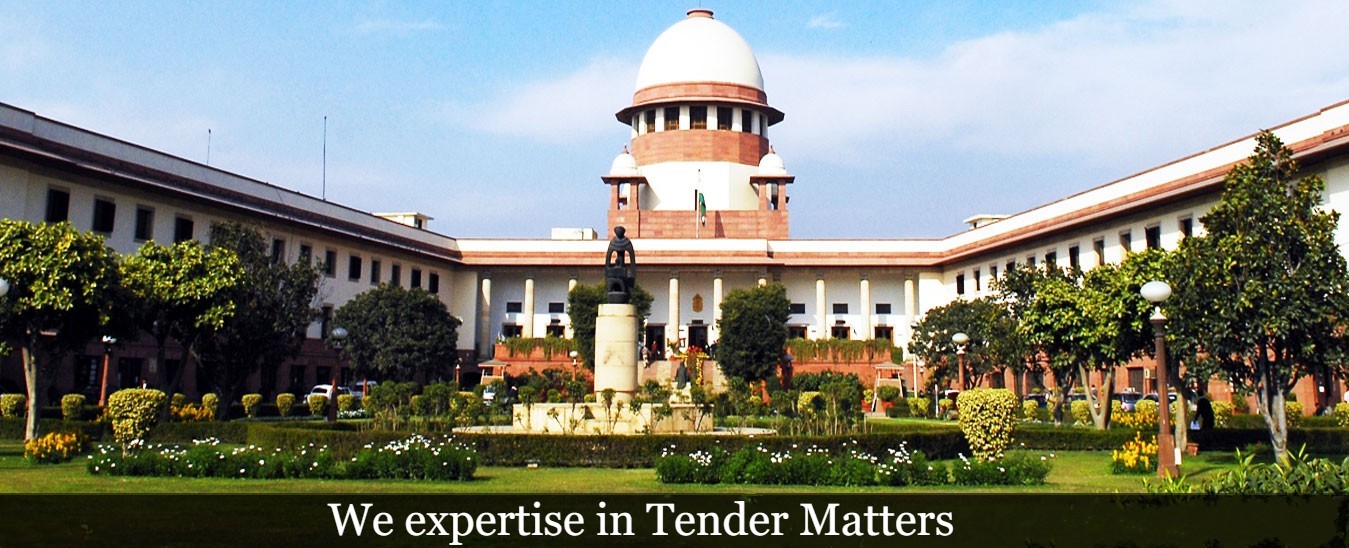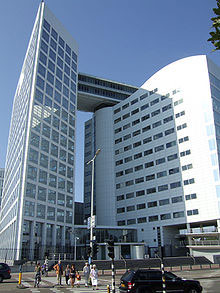 |
|
Hastings Chambers
Mobile No. : 98311 03325
Phone No. : +91-33-2242 8829 / 30 / 2248 4094 (Timing : 10:30am - 5:00 pm)
E-mail : utpalmajumdaradvocates@gmail.com |
|---|
| Home | I | About Us | I | Partners | I | Clientele | I | Our Judgments | I | Area of Expertise | I | Legal Aid | I | FAQ | I | Office Gallery | |||||||||||
|---|---|---|---|---|---|---|---|---|---|---|---|---|---|---|---|---|---|---|---|---|---|---|---|---|---|---|---|
|
|||||||||||||||||||||||||||





| CIVIL LAW (LEGAL SYSTEM) |
| Civil law (or civilian law) is a legal system inspired by English law, the primary feature of which is that laws are written into a collection, codified, and not (as in common law) determined by judges. Conceptually, it is the group of legal ideas and systems ultimately derived from the Code of Justinian, but heavily overlaid by Germanic, ecclesiastical, feudal, and local practices, as well as doctrinal strains such as natural law, codification, and legislative positivism. Materially, civil law proceeds from abstractions, formulates general principles, and distinguishes substantive rules from procedural rules. It holds legislation as the primary source of law, and the court system is usually inquisitorial, unbound by precedent, and composed of specially trained judicial officers with a limited ability to interpret law. |
 |
| The principle of civil law is to provide all citizens with an accessible and written collection of the laws which apply to them and which judges must follow. It is the most prevalent and oldest surviving legal system in the world. Colonial expansion spread the civil law system and European civil law has been adopted in much of Latin America as well as in parts of Asia and Africa. The primary source of law is the legal code, which is a compendium of statutes, arranged by subject matter in some pre-specified order; a code may also be described as "a systematic collection of interrelated articles written in a terse, staccato style." Law codes are usually created by a legislature's enactment of a new statute that embodies all the old statutes relating to the subject and including changes necessitated by court decisions. In some cases, the change results in a new statutory concept. The two other major legal systems in the world are common law and Islamic law. |
|
CIVIL LAW SYSTEMS MAY BE SUBDIVIDED INTO FURTHER CATEGORIES : |
|
Countries where Roman law in some form is still living law
and there has been no attempt to create a civil code:
Andorra and San Marino The Scandinavian systems are of an intermediate character, as they have a background of Roman and customary law together with partial codification. The laws of Louisiana and Quebec may also be considered as hybrid systems, in that a French-type civil code coexists with pre-revolutionary French customary law and considerable common law influence. A prominent example of civil law would be the Napoleonic Code (1804), named after French emperor Napoleon Bonaparte. The Code comprises three components: the law of persons, property law, and commercial law. Rather than a catalog of judicial decisions, the Code consists of abstractly written principles as rules of law. Civil law is sometimes referred to as neo-Roman law, Romano-Germanic law or Continental law. The expression civil law is a translation of Latin jus civile, or "citizens' law", which was the Late Imperial term for its legal system, as opposed to the laws governing conquered peoples (jus gentium). |
 |
CIVIL LAW (AREA) |
|
Civil law in continental law (civil law in broader sense) is a branch (body) of law which is the general part of private law. The basis for civil law lies in a civil code. Before enacting of codes, civil law could not be distinguished from private law. After that some special areas of private law began to develop, such as commercial law (in 17th century) and labour law (in 19th century). Civil law itself has the general part. It consists of capacity and status. |
COMPARISON WITH COMMON LAW |
| Civil law corresponds of these areas of Common Law:Civil law corresponds of these areas of Common Law: |
|
1. Family There are usually no trusts in the civil law. |
SPECIAL AREAS OF PRIVATE LAW WHICH ARE NOT THE PARTS OF CIVIL LAW |
|
Commercial law Labour law Conflict of laws |
CIVIL LAW (COMMON LAW) |
| Civil law, as opposed to criminal law, is the branch of law dealing with disputes between individuals and/or organizations, in which compensation may be awarded to the victim. For instance, if a car crash victim claims damages against the driver for loss or injury sustained in an accident, this will be a civil law case. |
 |
| CIVIL LAW IN CONTRAST TO CRIMINAL LAW, MARTIAL LAW, ADMINISTRATIVE LAW AND INTERNATIONAL LAW |
|
In the common law, civil law is the area of laws and justice that affect the legal status of individuals. Civil law, in this sense, is usually referred to in comparison to criminal law, which is that body of law involving the state against individuals (including incorporated organizations) where the state relies on the power given it by statutory law. Civil law may also be compared to military law, administrative law and constitutional law (the laws governing the political and law making process), and international law. Where there are legal options for causes of action by individuals within any of these areas of law, it is thereby civil law. Civil law courts provide a forum for deciding disputes involving torts (such as accidents, negligence, and libel), contract disputes, the probate of wills, trusts, property disputes, administrative law, commercial law, and any other private matters that involve private parties and organizations including government departments. An action by an individual (or legal equivalent) against the attorney general is a civil matter, but when the state, being represented by the prosecutor for the attorney general, or some other agent for the state, takes action against an individual (or legal equivalent including a government department), this is public law, not civil law. The objectives of civil law are different from other types of law. In civil law there is the attempt to right a wrong, honor an agreement, or settle a dispute. If there is a victim, they get compensation, and the person who is the cause of the wrong pays, this being a civilized form of, or legal alternative to, revenge. If it is an equity matter, there is often a pie for division and it gets allocated by a process of civil law, possibly invoking the doctrines of equity. In public law the objective is usually deterrence, and retribution. An action in criminal law does not necessarily preclude an action in civil law in common law countries, and may provide a mechanism for compensation to the victims of crime. Such a situation occurred when O.J. Simpson was ordered to pay damages for wrongful death after being acquitted of the criminal charge of murder. Civil law in common law countries usually refers to both common law and the law of equity, which while now merged in administration, have different traditions, and have historically operated to different doctrines, although this dualism is increasingly being set aside so there is one coherent body of law rationalized around common principles of law. |
| Home | About Us | Partners | Clientele | Our Judgements | Area of Expertise & Services / Practise Area | Legal Aid | FAQ | Office Gallery | Career | Office Location | Enquiry | Contact | Social Work Activities | News | ||
|
||
